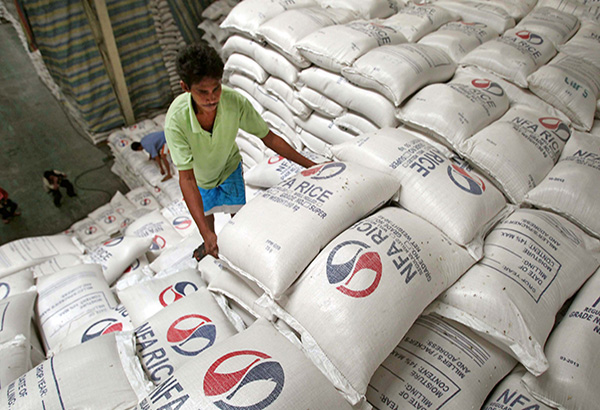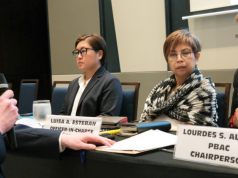MANILA – The government has revised the rules governing rice importation, Malacañang Palace said Tuesday. The National Food Authority Council has decided to shift the approach from the government-to-government scheme in place for years, to a government-to-private, or G2P, system for importing rice.
This means government is no longer limited to obtaining bids from governments of rice-producing countries, it can now entertain bids from private groups of other countries to fill in the country’s requirements.
The G2P is more transparent and is aligned with the Procurement Law, Palace officials said.
“We must protect our institutions by changing systems that are no longer working for the best interest of our poor consuming public,” said Cabinet Secretary Leonardo Evasco Jr.
The government had earlier signalled plans to shift from G2G to G2P. But Cabinet Secretary Evasco has now given details of how this will be done.
Part of the modifications in the rice imports program is the staggered entry of orders of rice by private importers: 30% of the volume of import quota must come in between August and September, while the balance enters the country between December and February the next year.
The Palace said the supply of rice is still sufficient, so that in order to avoid oversupply, the government decided to mandate the entry of import orders in tranches.
Under the G2P mode of buying rice, the 250,000 metric tons allowed for importation will be split from 8 to 10, and each delivery will have a cap in order to ensure fair pricing.
The previous payment terms covering one year will be reduced to to just 15 days, because under the old setup, only the really big companies could afford to wait one year before being paid for their rice.
Meanwhile, the NFA council will also be selecting the members of the bids and awards committee.
Subic has been removed as a port of entry for rice imports, but Zamboanga was added to the list.
In the bidding, only the aggregate amount will be shown to bidders, and not the breakdown–such as details on the cost of freight and insurance, to prevent bidders from taking advantage.
Provisions on disqualifications of bidders were also suspended in order to allow more bidders to join.
“The council is confident that it is being faithful to its foremost duty that amid the lean season, it is able to secure fair pricing, an affordable yet quality rice for every Filipino household. We also hope to get the full coordination of our stakeholders including the NFA management, to assure that this year’s government importation programs will run as hassle-free as possible,” said Evasco.





